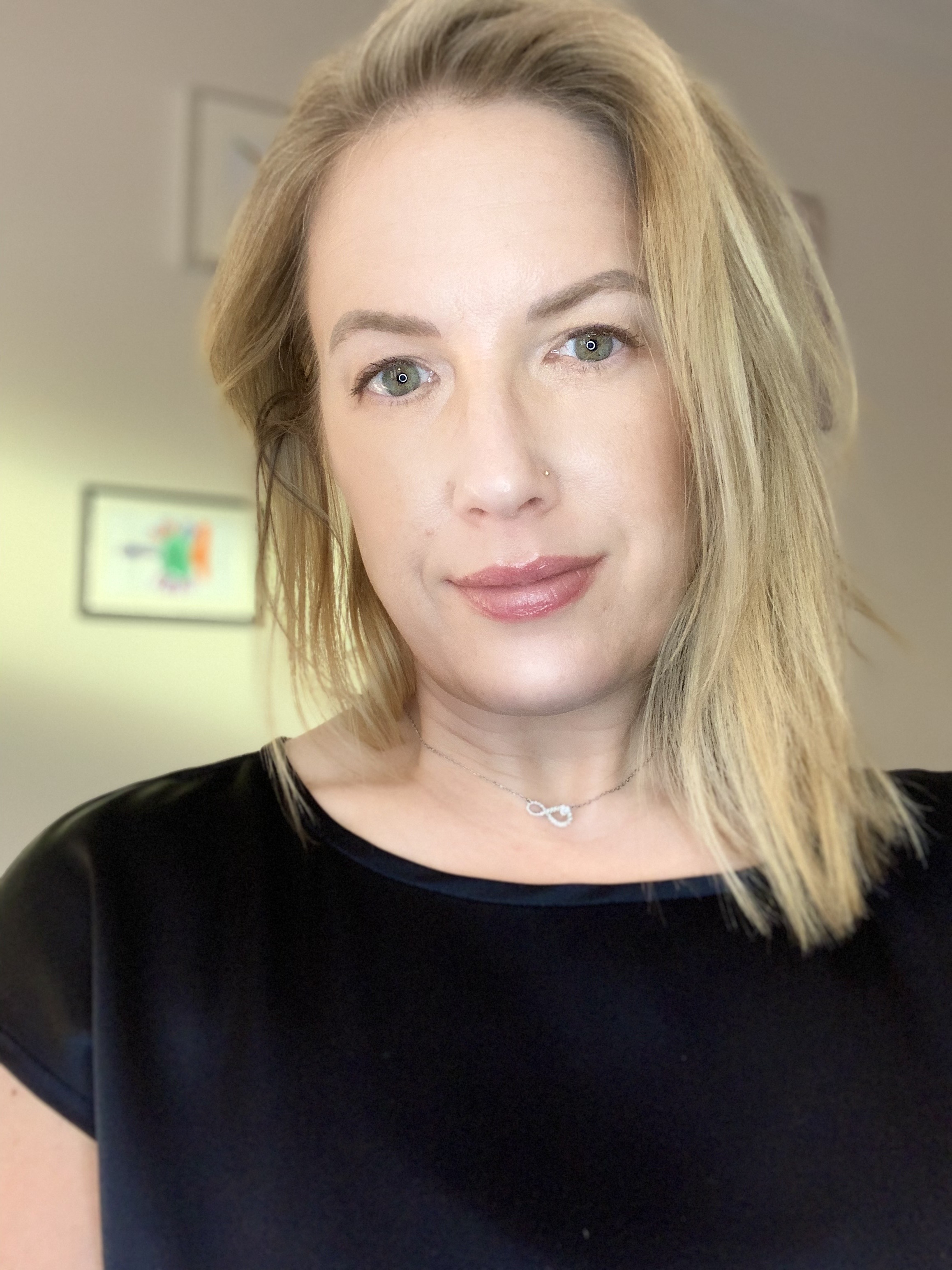Maggie Griffith Williams
Maggie Williams, Ph.D. is a communication, culture, and media scholar-educator. Her research
focuses on intercultural communication, mobility, critical cultural studies, digital media, and the
Caribbean. Dr. Williams has authored and co-authored multiple articles, a book, and is a co-
founder and Secretary of the Caribbean Caucus within the National Communication
Association. She is on the editorial board of the Florida Journal of Communication and on the
editorial advisory board with the journal, Indenture Papers: Studies on Girmitiyas – an
international, interdisciplinary journal dedicated to research on the Indian and South Asian
indenture diaspora. Her most recent publication, ‘I am Trini, I am Indian, I am Hindu’: Diaspora
identity and creating culture through pichakaree, examines a Hindu-Trinidadian song genre’s
value for community members to communicate cultural identity and to challenge notions of
national culture. Dr. Williams is an experienced educator who enjoys working with student-
partners in both in-person and online learning contexts. Prior to joining the University of
Maryland, she has taught communication at Northeastern University, Ramapo College of New
Jersey, and the University of Illinois at Chicago.
Publications
Looking Back to Look Ahead: COVID-19, domestic violence, and digital activism in India
This analysis focuses on two case studies – the #LockDownMeinLockUp campaign mobilized on Instagram, and articles drawn from the digital feminist publication, Feminism in India.
Contributor(s): Maggie Griffith WilliamsNon-ARHU Contributor(s): Ishani Mukherjee, Soham Sen
We look back to explore the impact of COVID-19 lockdowns on domestic violence amplification in India and the digital activisms that spotlighted this social and health injustice. This analysis focuses on two case studies – the #LockDownMeinLockUp [#LDMLU] campaign mobilized on Instagram, and articles drawn from the digital feminist publication, Feminism in India [FII]. We share our perspectives on how the #LDMLU campaign visually politicized the public nature of a silenced and normalized injustice against at-risk women during a pan-national health crisis. We turn to FII’s reporting on DV exacerbation during India’s pandemic that vocalized this issue from three critical perspectives: structural problems that contribute to gender injustices; financial violence; and mental, emotional, and physical health impacts on abused and at-risk women. In addition to this ‘look back,’ we look ahead to consider calls-to-action and opportunities, digital and/or on-ground, that remain imperative after the urgency of the viral lockdown. We are still at the threshold of activisms waiting, and needing, to happen. We conclude with questions for ourselves and our readers about what happens to advocacy when urgency ends. This growing body of feminist work demonstrates that advocacy will persist across physical and virtual landscapes. It is our responsibility and hope, as gender and communication scholars, to rally challenges against oppression based on gender or sex. Domestic violence against Indian women is continually overlooked. Our collective perspective intends to consolidate visibility toward such acts of abuse at the center of this scholarly piece.
Poetics and Power in Phagwa: Media Representation, Cultural Identity, and Religious Play in Trinidad’s Festival of Colours
Our findings represent a critical exploration of one religious festival played in a diasporic spatial context, interrogating issues around culture, power, religious identity, and digital media depictions in the act of celebration.
Author/Lead: Maggie Griffi…Non-ARHU Contributor(s): Ishani Mukherjee
We conduct a thematic analysis of digital news articles (2016–2020) about religious celebrations of Holi or “Phagwa” in Trinidad and Tobago to explore media representations of the festival of colors and Trinidadian cultural identity. We adopt Stuart Hall’s understanding of cultural identity and diaspora, and draw on Davis’ cultural performance framework that connects observable communicative practices to cultural performances. Two themes frame our analysis, Phagwa as (1) poetic process of performing religious identity and (2) power-play in performing national identity, suggesting that Phagwa rituals and local media attest to color-play as a complex, communicative practice used to demand attention and affirm participants’ religious (Hindu) and national (Indo-Trinidadian) cultural identities. Our findings represent a critical exploration of one religious festival played in a diasporic spatial context, interrogating issues around culture, power, religious identity, and digital media depictions in the act of celebration.
“I am Trini, I am Indian, I am Hindu”: Diaspora identity and creating culture through pichakaree.
examines a Hindu-Trinidadian song genre’s value for community members to communicate cultural identity and to challenge notions of national culture.
Author/Lead: Maggie Griffi…
A few days before Phagwa 2019, a Hindu leader described her identity: ‘I am three parts - I am Trini, I am Indian, I am Hindu. I am equally patriotic. I have the same love and reverence for the land, but I am Indian…I am also Hindu, that's my identity.’ She explained that negotiating this trio of identities is a theme often appearing in pichakaarees, a local song form performed during Phagwa in Trinidad. Named after the instrument used to spray abeer [colored water], pichakaree songs were envisioned as a metaphor for ingesting from one’s locality and spraying it out to impress upon the audience’s minds with constructive messages. Based on interviews with pichakaree artists and organizers, as well as local intellectuals and scholars, I present preliminary analysis of pichakaaree’s value for community members, the negotiation of creating a space for the artform and recognition within national culture, and participants’ hopes and recommendations for its future.


